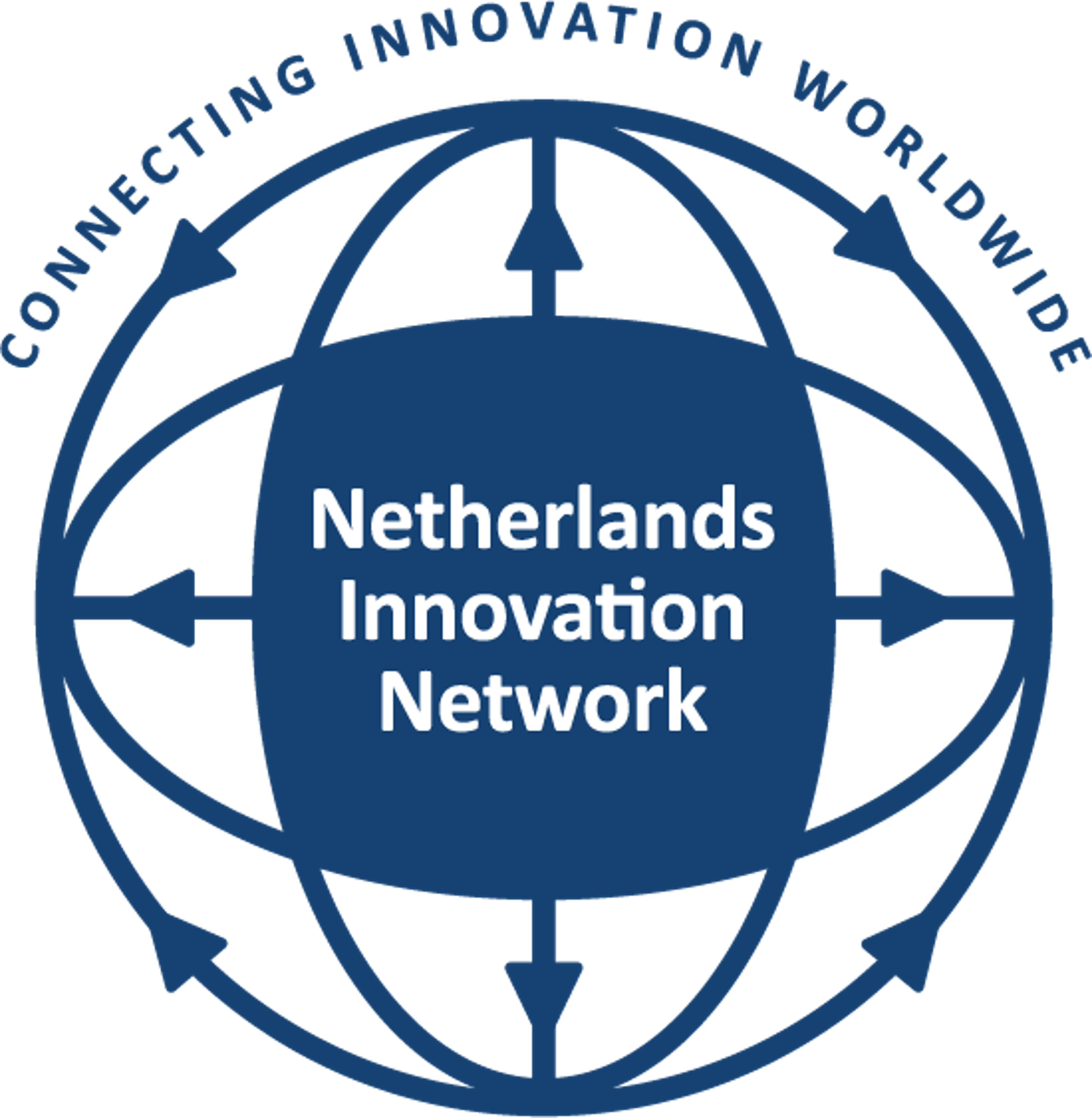Introduction

Mr. Guokun Zhang, Director General of the Shanghai Municipal Agricultural Commission
On the second day of the CSITF on the 20th of April, more than 80 participants attended the Seminar on Sustainable Agricultural and Food Technologies. The Consulate-General of the Kingdom of the Netherlands, Shanghai Municipal Agricultural Commission and Shanghai Jiaotong University jointly organized this Sino-Dutch seminar. The aim of this seminar was to share experiences in the field of sustainable agri and food developments, both in the Netherlands and China.
Seminar
The seminar started with warm opening remarks by Bertholt Leeftink, Deputy Secretary-General and Director-General Economic Policy of the Ministry of Economic Affairs and Mr. Guokun Zhang, Director General of the Shanghai Municipal Agricultural Commission. Both sides expressed their desire to strengthen further cooperation between government departments, research institutions and enterprises in the field of agricultural technologies.

More than 80 participants during the seminar
Dr.Dirk Wascher started with explaining more about his research “Sustainable Food Supply in Metropolitan Regions”, part of the Foodmetres project. This project aims to assess both the environmental and the socio-economic impacts of food chains with regard to spatial, logistical and resource dimension of growing food as well as food planning and governance. Professor Danfeng Huang from Jiaotong University continued. She gave us insights into her project about Shanghai Vegetable Supply Chain Data Analysis.
After a networking coffee break, Mr. Ruben Otten from Dorset Green Machines and gave us insights in converting residual or waste products into valuable products. Dorset Green Machines does this a system for the processing of organic waste; the innovative conveyor belt drying system. Conveyor belt drying systems are most suited for drying residual or waste products. The last speaker of this seminar was Mr. Lucas Noldus from Noldus Information Technology, a company that develops innovative software and instruments for behavioral research. about innovative sensor technologies for animal husbandry and precision livestock farming.
After the seminar, all participants gathered at for a network lunch, where experts, scholars and others had the opportunity to exchange ideas and broaden their network.
